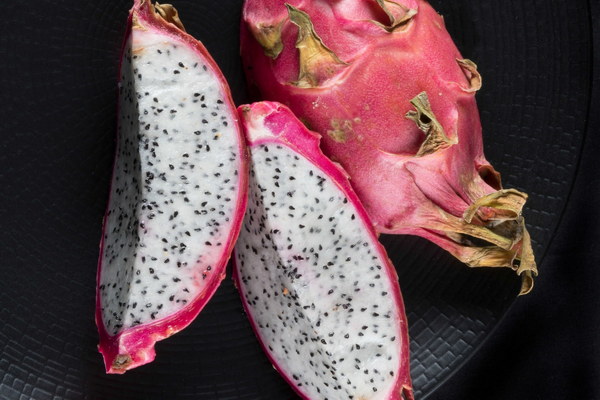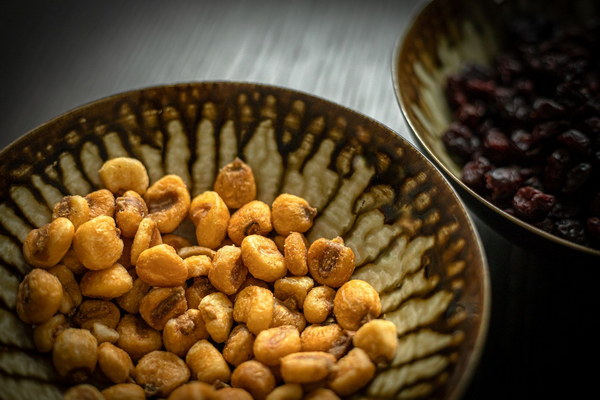The Wonders of Lion's Head Fish A Natural Remedy for Excess Dampness in Traditional Chinese Medicine
In the realm of Traditional Chinese Medicine (TCM), the lion's head fish, also known as the Shizi Yu or Scallop Fish, has long been esteemed for its unique properties and health benefits. This marine creature, with its striking appearance and impressive size, has been a staple in Chinese cuisine and TCM for centuries. One of its most notable attributes is its ability to alleviate dampness in the body, a common issue in TCM that can lead to a host of health problems.

Dampness, in TCM, refers to an excess of moisture in the body that can be caused by various factors such as poor diet, excessive humidity, or certain medical conditions. When dampness accumulates, it can lead to symptoms like fatigue, weight gain, poor digestion, and even more serious issues like joint pain and water retention. The lion's head fish, with its properties of drying dampness and invigorating the spleen, is a go-to herb for treating these symptoms.
The lion's head fish is a member of the Scophthalmidae family and is found in the Pacific Ocean, particularly off the coast of China. Its name, Shizi Yu, is derived from its lion-like head, which is characterized by its prominent eyes and large, bulbous snout. The fish is typically used in its whole form, including the bones, skin, and scales, as it is believed that all parts of the fish contribute to its medicinal properties.
One of the primary benefits of lion's head fish in TCM is its ability to address dampness-related issues. The fish is said to be a potent diuretic, which can help the body eliminate excess fluid and reduce water retention. This makes it particularly useful for individuals suffering from conditions like edema, which is characterized by swelling in various parts of the body, often due to fluid accumulation.
Furthermore, lion's head fish is believed to help improve digestion and alleviate symptoms of spleen dampness, such as bloating, constipation, and a lack of appetite. By invigorating the spleen, the fish can also boost energy levels and help combat fatigue.
In TCM, lion's head fish is often used in combination with other herbs and ingredients to create personalized formulas that target the specific needs of the patient. One popular recipe involves simmering the fish with ingredients like ginger, white pepper, and Chinese dates to enhance its therapeutic effects. This concoction is believed to help eliminate dampness, improve digestion, and provide a general sense of well-being.
While lion's head fish has been used in TCM for centuries, it is essential to approach its use with caution. As with any herbal remedy, it may not be suitable for everyone, and certain individuals may experience adverse reactions. It is crucial to consult with a qualified TCM practitioner before incorporating lion's head fish or any other herbal remedy into your health regimen.
In conclusion, the lion's head fish is a remarkable natural remedy for treating dampness in TCM. With its ability to address various symptoms associated with dampness, such as edema, fatigue, and poor digestion, this marine creature has earned its place in the annals of traditional medicine. While more research is needed to fully understand its mechanisms of action, the lion's head fish remains a valuable resource for those seeking to improve their health and well-being through the time-honored practices of Traditional Chinese Medicine.









